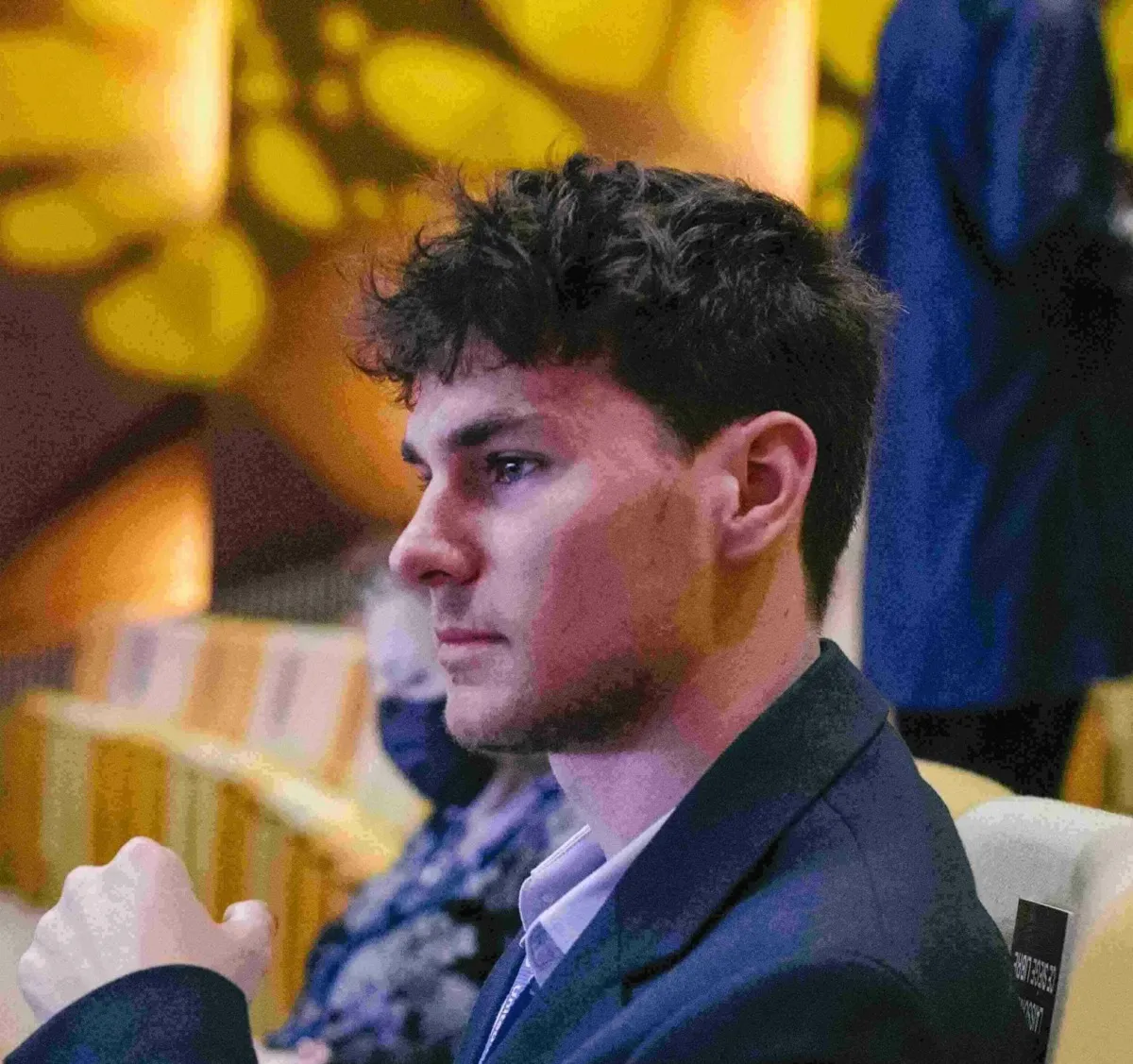Girum Gizachew, an Ethiopian developer, rarely rests in his spare time. The trained software engineer, specialising in frontend development, has launched a tool that allows developers to integrate an “Amharic converter” into their web applications.
Gizachew, who offers his web development services on the California-based job platform Turing, explains that developers can use his library in their web apps to enable users to write Amharic using an English keyboard.
“In Amharic, there are around 130 letters, all different from the Latin alphabet. It is quite challenging to write using a standard desktop or laptop English keyboard,” he says.
Gizachew’s primary motivation was to make the internet more accessible to speakers of Amharic, a language primarily spoken in Ethiopia.
“Let’s face it, not many people in Ethiopia can speak, write, and understand English,” he says, highlighting the significant market for his coding tool.
The number of first-language Amharic speakers increased from 21.6m in 2007 to 31m in 2021, while the total population speaking Amharic was estimated to be 57.5m last year.
Amharic-speaking communities extend beyond Ethiopian borders, with a large diaspora residing in the United States, Israel, Canada, the United Kingdom, Egypt, and Sweden.
Currently, however, only the Ethiopian government website and a few tourist attraction web pages are available in Amharic.
A tool to enhance Amharic presence online
For Gizachew, as more people go online and gain internet access, the need to create content in non-English languages becomes crucial.
“My main motivation is to make programs usable and accessible to anyone, especially those who don’t speak English or have limited English proficiency,” he says.
According to the Observatory of Languages and Cultures in the Internet (Funredes), only 3% of the content created online is in African languages, compared to 43.3% and 46.45% for Asian and European languages, respectively.
In 2005, while the world was experiencing an internet boom, a UNESCO paper warned about the potential danger of underrepresentation of African languages on the web.
The paper stated, “Real questions such as those regarding orthography and the standardisation of African languages still need to be resolved. Many languages are still transcribed phonetically, and the risk of losing the alphabets of each language cannot be ignored.”
While progress has been made since then, English still dominates half of the internet, despite the African continent hosting approximately 30% of the world’s linguistic diversity, according to data from the Ethnologue project.
Regarding Amharic, its online presence suffers from a third-party barrier that Gizachew’s tool can hardly counter. The Ethiopian government has resorted to shutting down internet services in the country a number of times in recent years.
In April, authorities decided to block access to mobile internet in several parts of the Amhara region due to violent protests against the federal government’s decision to centralise regional security forces.
As a result, the number of Amharic speakers online, which had increased from 12.18% in 2017 to 25.51% in 2022, decreased to 17.31% in April 2023, according to Funredes.
In addition to the shutdowns, Ethiopia remains largely unconnected. As of January 2023, Ethiopia ranked fifth in the world for having the largest unconnected population, with over 100m people offline, representing 83% of the population. This is despite the country having a thriving developer community, with more than 19,000 professional developers like Gizachew in 2021, a 6% increase from 2020.
Nonetheless, Funredes identified in its April report that strong growth of connectivity in Africa was driving a big increase in the presence of African languages on the web.
Local entrepreneurs already convinced
Gizachew believes that his tool, which is entirely open source, meaning anyone with internet access can use it, could help businesses and startups reach a broader audience in Ethiopia.
“For example, a chat or email application can use this library and enable their users to communicate in the Amharic language,” says Gizachew.
Mentesnot Ertibu, a freelance developer like Girum, works on multiple projects. Both of them attended Addis Ababa Science and Technology University, which was founded in 2011, and obtained a bachelor’s degree in computer science.
Ertibu tells African Business that he has found a direct use for the Amharic converter in a project he is working on in the Tigray region.
“We are currently developing a fully-fledged Ethiopian calendar for a city-wide EdTech system. As the calendar supports multiple indigenous languages, the Amharic converter complements it well,” he says.
“There are many similarities between Amharic and Tigrinya characters, so our native Tigrinya speakers will also be able to use it to some extent. After all, what’s an Ethiopian calendar if you can’t name your events and schedules in Amharic or Tigrinya?”
As of 2020, there were approximately 9.8m Tigrinya native speakers living in Ethiopia’s Tigray region. However, inhabitants have spent more than two years without access to the internet due to the civil war between the government of Ethiopia and Tigray regional forces.
Since last January and following peace talks, the region is slowly coming back online, according to the non-profit Access Now.
“Reports indicate telephone communications have been restored across the region, but internet access is lagging behind, and the full impact of this restoration is yet to be felt by all of Tigray’s over six million population,” said the NGO in a report published last February.
Initiatives such as Gizachew’s “Amharic Converter” are therefore helping to make the internet more inclusive for a community that has been offline for the past two years.
Want to continue reading? Subscribe today.
You've read all your free articles for this month! Subscribe now to enjoy full access to our content.
Digital Monthly
£8.00 / month
Receive full unlimited access to our articles, opinions, podcasts and more.
Digital Yearly
£70.00 / year
Our best value offer - save £26 and gain access to all of our digital content for an entire year!

 Sign in with Google
Sign in with Google 



